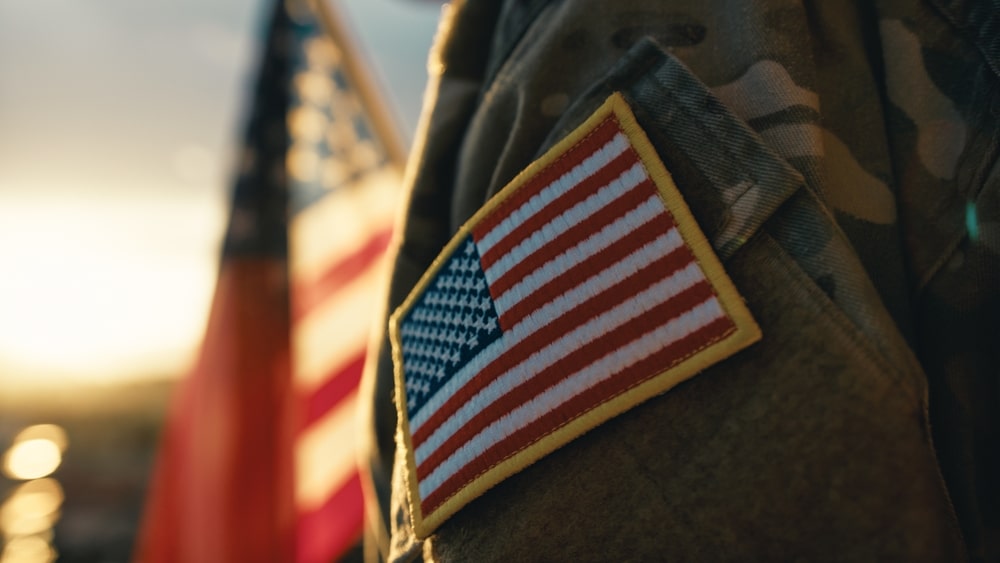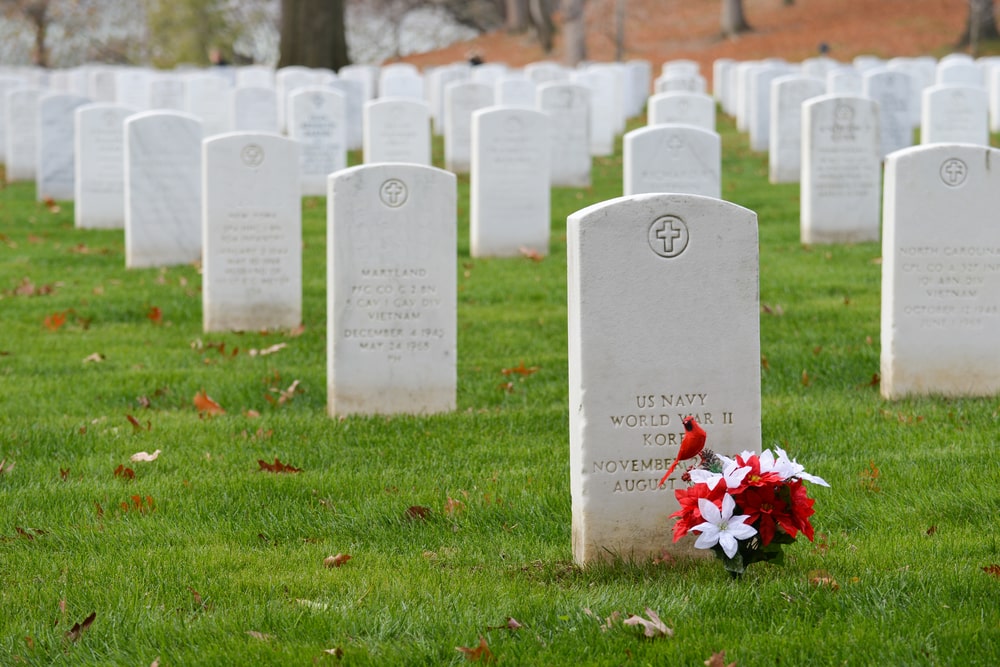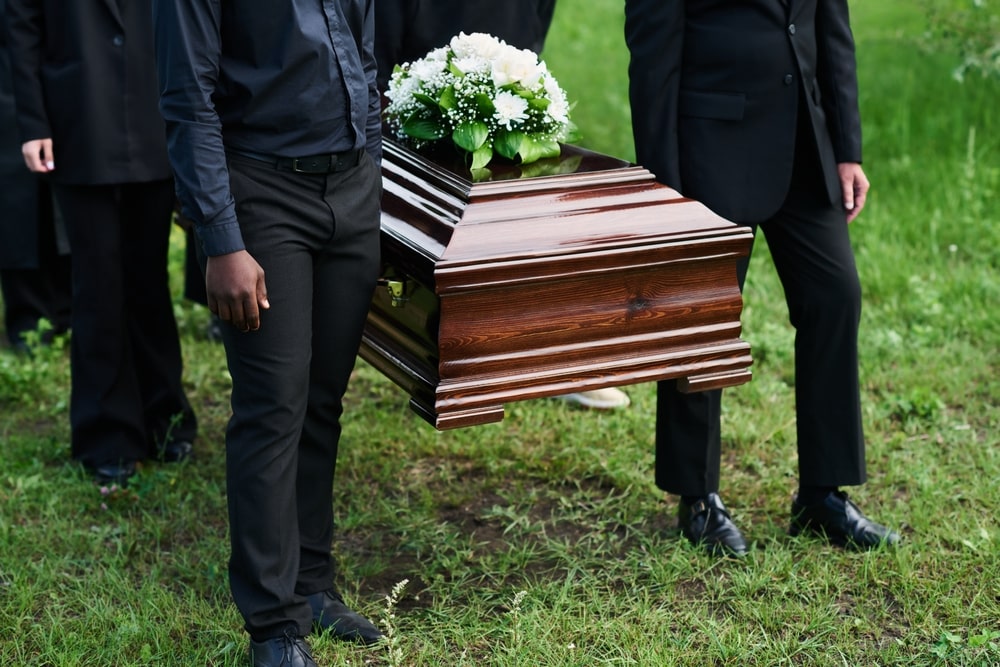
As we get older, we tend to reflect on our lives and examine how we’ve lived. Did we live a meaningful life? Have we left behind a legacy that we’re proud of? While everyone has a different idea of what a “meaningful” or “good” life looks like, making small, positive changes, like creating a positive mindset, can help you feel more fulfilled and healthier.

One way to make changes and create a positive mindset is to build a habit of positive thinking! Studies suggest that positive thinking can significantly improve physical and mental health. It’s not always easy to view the glass as half full, but with practice and persistence, you can cultivate a state of mind that will make you more appreciative of the good in life and more accepting of the bad.
Here are a few ways to build a positive mindset and improve your life!
Practice Contentment

What does it mean to be happy? Most people don’t find happiness in a stable job, a large paycheck, or even fulfilling their biggest goals. Instead, the most significant factor that influences true happiness is contentment, being satisfied with your current situation.
Maybe you don’t have as much in your retirement savings as you would like. Maybe you never got to work at your dream job. Or maybe you’re experiencing more physical pain as you age. All of these things can be genuinely frustrating, but choosing acceptance and contentment can help you build a more positive perspective.
Instead of focusing on what you don’t have or dwelling on “If only” or “I wish” statements, try to find ways to be content with where you are. Adversity and hardship are a natural part of life, and learning to accept those negative experiences can help improve your health and create a more meaningful, enjoyable life.
Create a Habit of Gratitude

Contentment is the ability to deal with life’s negative events, and gratitude is the flip side of that: the ability to focus on and cherish positive events. Studies suggest that practicing gratitude can reduce stress, lessen anxiety, and improve overall health, thereby increasing quality of life.
But often, it’s easier to focus on the negative aspects of life instead of the positive aspects, especially during hard times or when you’re grieving. Thanks to this negativity bias, practicing gratitude can be a struggle. However, if you build up a habit of gratitude by finding something to be thankful for every day, you can find positivity on even the most challenging day.
How can you build a habit of gratitude? One way is to spend a few minutes each day writing in a gratitude journal. You could also set aside time to say what you’re grateful for, like when you’re doing the dishes or driving to work. Whether you have big or small things that you’re thankful for, taking a few minutes to appreciate them can help you create a positive mindset.
Choose Your Thoughts Wisely
What you think has great power. The thoughts you focus on affect your words, actions, and overall mindset. While we can’t always choose the thoughts that enter our minds, we can control what we do with those thoughts. When a negative thought about your appearance, personality, or past enters your mind, do you internalize it and dwell on it? Or do you dismiss it, shift your focus to positive attributes, or take time to remind yourself of what’s important?
In the same way, you can shift your inner dialogue to focus on positivity. When you catch yourself being overly critical of yourself or others, pause and evaluate your thoughts. Is your inner voice being helpful or just judgemental? Is there something more beneficial you can think about? The answer is usually yes!
This doesn’t mean that you try to suffocate negative thoughts and emotions. Negative feelings are a natural part of life, and letting yourself experience them is essential. But as you build a positive mindset, you can learn to differentiate between healthy and unhealthy thoughts.
Of course, having a positive mindset is not the only way to a better quality of life. Eating well, exercising regularly, and avoiding destructive habits are also important for your well-being. But by training your brain to think positively, you can get so much more out of life – and enjoy it more, too!

















































